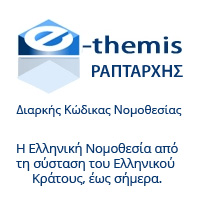4. DIGNITY, INTEGRITY AND AN END TO GENDER-BASED VIOLENCE
There are many forms of violence that women experience because they are women. These include domestic violence, sexual harassment, rape, sexual violence during conflict and harmful customary or traditional practices such as female genital mutilation, forced marriages and honour crimes. It is estimated that in Europe, 20% to 25% of women have suffered physical violence at least once during their lives and there are estimates that up to half a million women living in Europe have been subjected to genital mutilation.
Accordingly, the Action Plan to implement the Stockholm Programme puts emphasis on the protection of victims of crime, including female victims of violence and genital mutilation, and announces a comprehensive EU strategy on gender-based violence. In addition, the Women’s Charter envisages the putting into place of a comprehensive and effective policy framework to combat gender-based violence as well as measures, including criminal law, within the limits of its powers, to eradicate female genital mutilation once and for all across Europe. Gender-based inequalities are also present in healthcare and long-term care as well as in health outcomes. Women and men are confronted with gender-specific health risks and diseases which need to be adequately addressed in medical research and health services. There is a need to ensure that social and health services continue to improve their adaptation to the specific needs of women and men respectively. Gender related issues are also of particular importance in the area of asylum. The 2008 and 2009 Commission proposals amending the current EU asylum instruments address inter alia the key areas where gender specific elements need to be reinforced.
Key actions
The Commission will:
- Adopt an EU-wide strategy on combating violence against women that will aim, for instance, at eradicating female genital mutilation using all appropriate instruments, including criminal law, within the limits of the EU's powers, supported by a Europe-wide awareness-raising campaign on violence against women.
- Ensure that the EU asylum legislation takes into account gender equality considerations; promote gender-specific training and best practices within the European Asylum Support Office as well as via funding by the European Refugee Fund. .
- Draw up a Men’s Health report, following the 2010 Women’s Health report.

